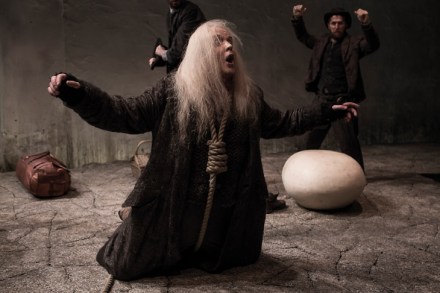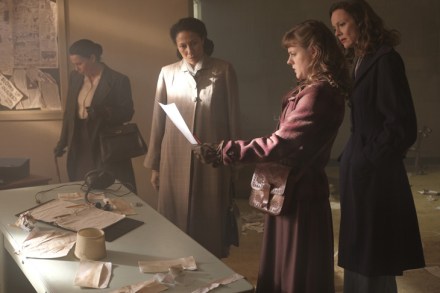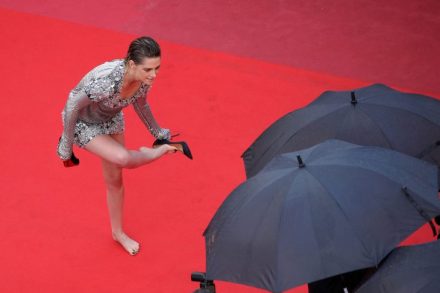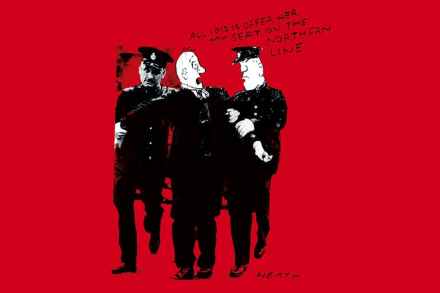The trans rights activists’ latest target: Corbynite royalty
If you have any doubts about how far a small (and unrepresentative) group of “trans rights” advocates and activists will go to further their cause, read this story in the Daily Mail today. Linda Bellos, 67, is a lifelong feminist. She is facing a private legal action for saying, at a public meeting, that if associates of a trans woman who assaulted a 60-year-old feminist approached her with hostile intent, she was ready and willing to fight back. She’s already faced complaints to the police (and been interviewed) over that comment. The police decided there was no case to answer. So Bellos’ pursuer has gone down the private prosecution route. A



















